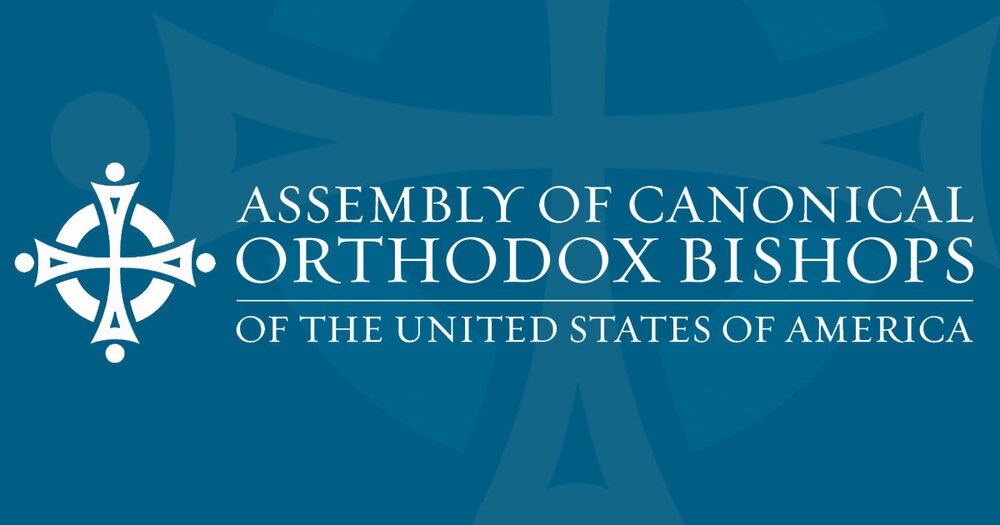Originally posted by Sava
View Post
 .
.
The Church's teaching is very clear with respect to homosexuality. The Encarta dictionary defines homosexuality "as an attraction to the same sex; sexual attraction to and sexual relations with members of the same sex."1 There are numerous references in Scripture with regard to same sex relations and sexual activity. Starting with Genesis 19 where there is reference to homosexual activity among the men in Sodom (hence the term sodomy), as well as in Leviticus (18:22, 20:13) which makes reference to the adopted "Holiness Code" and the penalty for such an action—"If there is a man who lies with a male as those be with a woman, both of them have committed a detestable act"—was death. The Old Testament viewed sexual relations to be "normal" as those between a man and woman with the express purpose of procreation. This view, thinking, and teaching continued to the New Testament as well with St. Paul writing the most extensively on this subject. He condemns prostitution and homosexuality in 1 Cor. (6:9-10): "Do you not know that the unrighteous will not inherit the kingdom of God? Do not be deceived; neither the immoral nor the idolaters, nor adulterers, nor homosexuals (arsenokoitai), nor thieves, nor the greedy, nor drunkards, nor revilers, nor robbers shall inherit the kingdom of God." These two examples do show the evolution of the Church's view on homosexuality. The Old Testament's view is consistent with its "judgment and retribution" (death penalty) ethos found in Jewish society in those times. The New Testament writing by St. Paul reflects Christ's teaching, where the "judgment" consisted of a stern yet "tough love" warning that persisting in these types of activities would prevent you from 'inheriting' the kingdom of God. This evolution of thought and teaching is significant for it signals the importance of the eschaton and a genuine concern for the individual in a loving, outreaching, yet solemn way. St. Paul's writing is also significant because the activity of homosexuality is mentioned in the same context as other sinful activities and passions. The "pastoral concern" for the individual will be addressed in the next section of this article. The Fathers of the Church also wrote on this and expressed the same view and teaching that homosexual acts are immoral and wrong. The Didache, as well as St. Basil (Canons 35, 77), Sts. John Chrysostom, Augustine, Gregory of Nyssa, John the Faster (Canons 9, 18) contain some of these writings as well as the 6th century code of Justinian and the Quinisext Synod (Canon 87). In all the writings of the New Testament and of the Fathers, "there is no example ... of approval, acceptance, or even tolerance of homosexuality."2 In fact, this is one topic that all Orthodox jurisdictions are in agreement on, as indicated in the 1978 SCOBA statement on homosexuality.
(yes, there is an Orthodox wiki)
Also, I'd think Elok is probably more of an orthodox Orthodox than you just from both of y'alls posts






 ACK!
ACK!
Comment